Woven City is Toyota’s prototype city of the future, a high-tech connected community located at the base of Mount Fuji, Japan. It will function as a kind of living laboratory, where full-time residents and researchers will be able to test and develop technologies in a real-world environment.
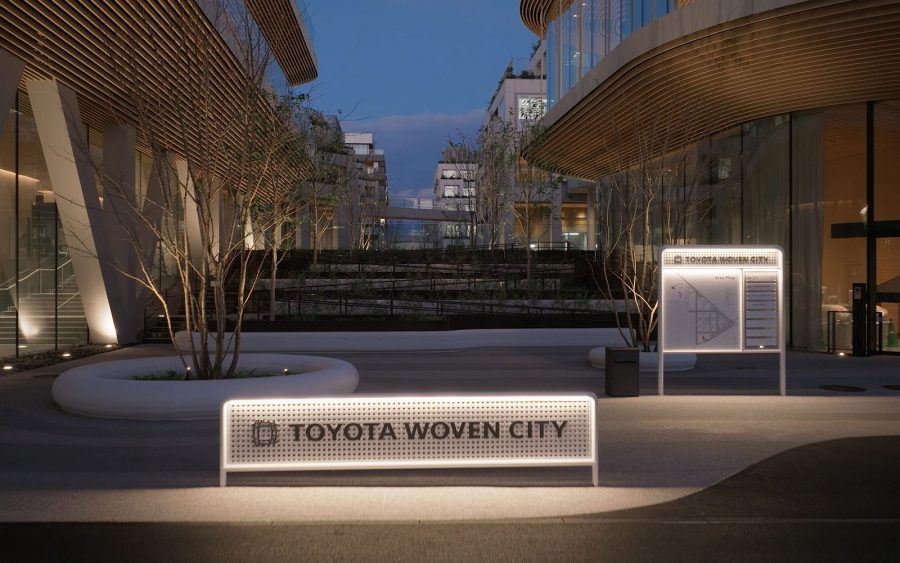
Construction of this new 175-acre development began in February 2021 on the site of Toyota’s former Higashi-Fuji production facility. And now Toyota chairman Akio Toyoda took to the stage at the CES 2025 technology trade show to proudly announce (see video below) the completion of the first phase of construction. This milestone means that the first residents will soon be able to move in.
Woven City’s phase one, which includes construction of the initial area for co-creation activities, has already been recognised for its environmentally conscious and human-centric design that promotes quality of life. It has earned the highest possible LEED (Leadership in Energy and Environmental Design) certification for sustainability, the first time this has ever been awarded in Japan. Meanwhile, insights from this initial development are already being used to refine plans for the second phase of the project.
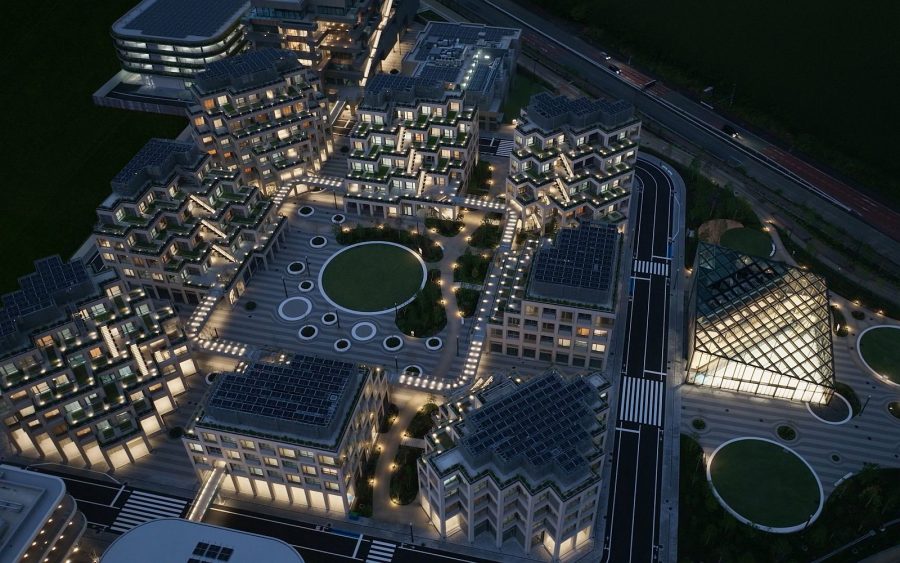
The role of Woven City ‘Inventors’
In addition to being highly connected, Woven City is a test course for mobility. It provides a unique environment where ‘Inventors’ can develop, test and validate innovative products and services, with streamlined access to the manufacturing expertise of Toyota and software capabilities of Toyota Group companies. Through such collaborations, as well as feedback from residents and visitors, Woven City aims to drive innovation and shape a better tomorrow.
Confirmed ‘Inventors’ already include the following companies:
- Daikin Industries: testing “pollen-free spaces” and “personalised functional environments”
- DyDo DRINCO: creating new value through innovative vending machine concepts
- Nissin Food Products: creating and evaluating food environments to inspire new “food cultures”
- UCC Japan: exploring the potential value of coffee through futuristic cafe experiences
- Zoshinkai Holdings: leveraging data to realise innovative educational methods and new learning environments
External startups, entrepreneurs, universities and research institutions are also scheduled to be invited to Woven City through an accelerator programme, starting in summer 2025.
The role of Woven City ‘Weavers’
Residents and visitors will play an equally vital role alongside Woven City’s inventors. Known as ‘Weavers’, these individuals will share a passion for the expansion of mobility and a commitment to building a flourishing society. Through their participation in co-creation activities, Weavers will contribute to realising Woven City’s full potential.
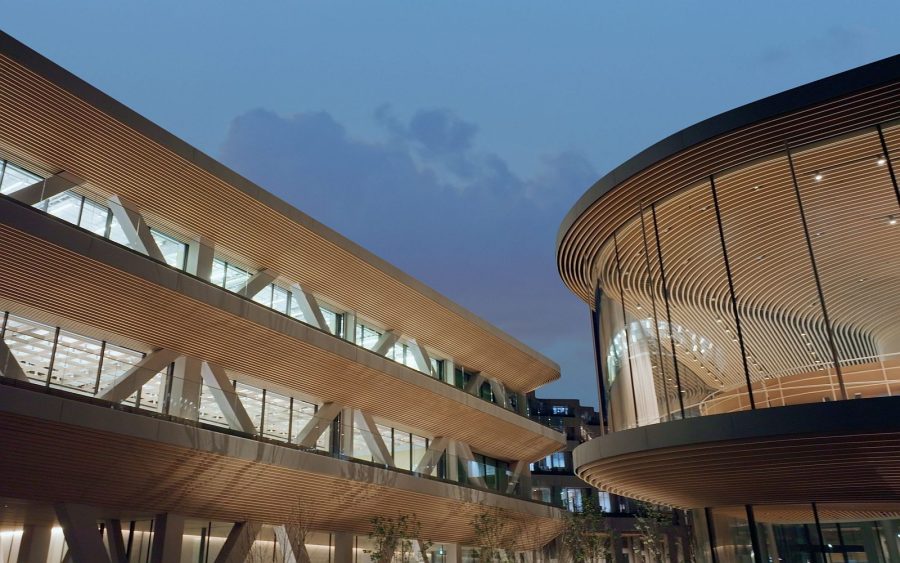
Who will be the first residents?
At Woven City’s official launch, scheduled for autumn 2025, around 100 residents will move in. These individuals will primarily consist of the staff and families of Toyota and the city’s development company Woven by Toyota (WbyT). The phase one community within will then gradually expand to include external inventors and their families, a total of around 360 residents.
The total population, including phase two and subsequent phases, is expected to reach around 2,000. Visitors will initially be limited to related parties but there are plans to welcome the general public to participate as Weavers from the 2026 financial year or later.
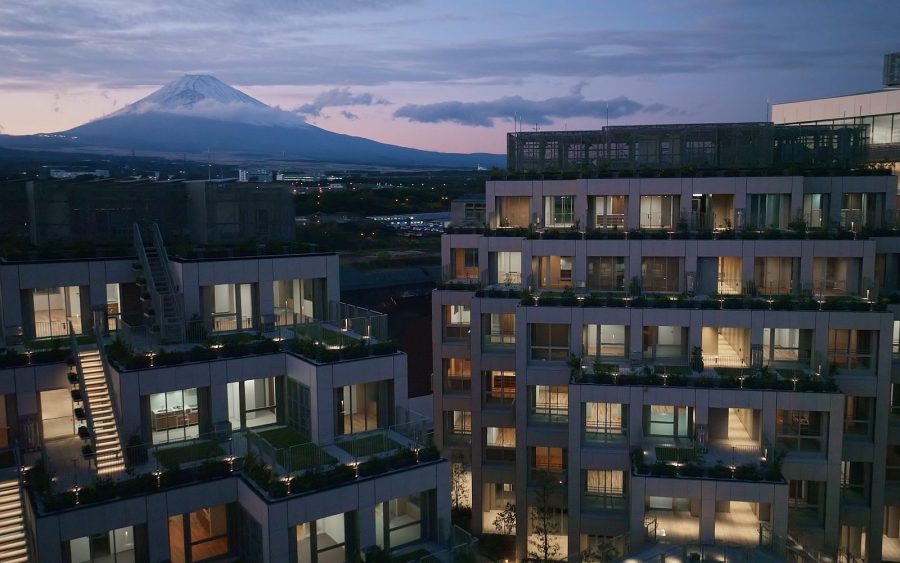
What about mobility?
Woven City also serves as a test course for Toyota’s transformation into a mobility company. Working together, Toyota and WbyT aim to redefine mobility, expanding its scope beyond transportation to encompass the movement of people, goods, information and energy for the benefit of individuals and society.
With its human-centred design, Woven City places the people who gather there – Inventors and Weavers – at its heart to unlock new possibilities in the shared pursuit of well-being for all. With a view to expanding mobility from land, sea and air to space, WbyT has also announced investment in Interstellar Technologies and will leverage Toyota’s expertise to support the mass production of rockets.
Learn more: Why Toyota is building a living laboratory
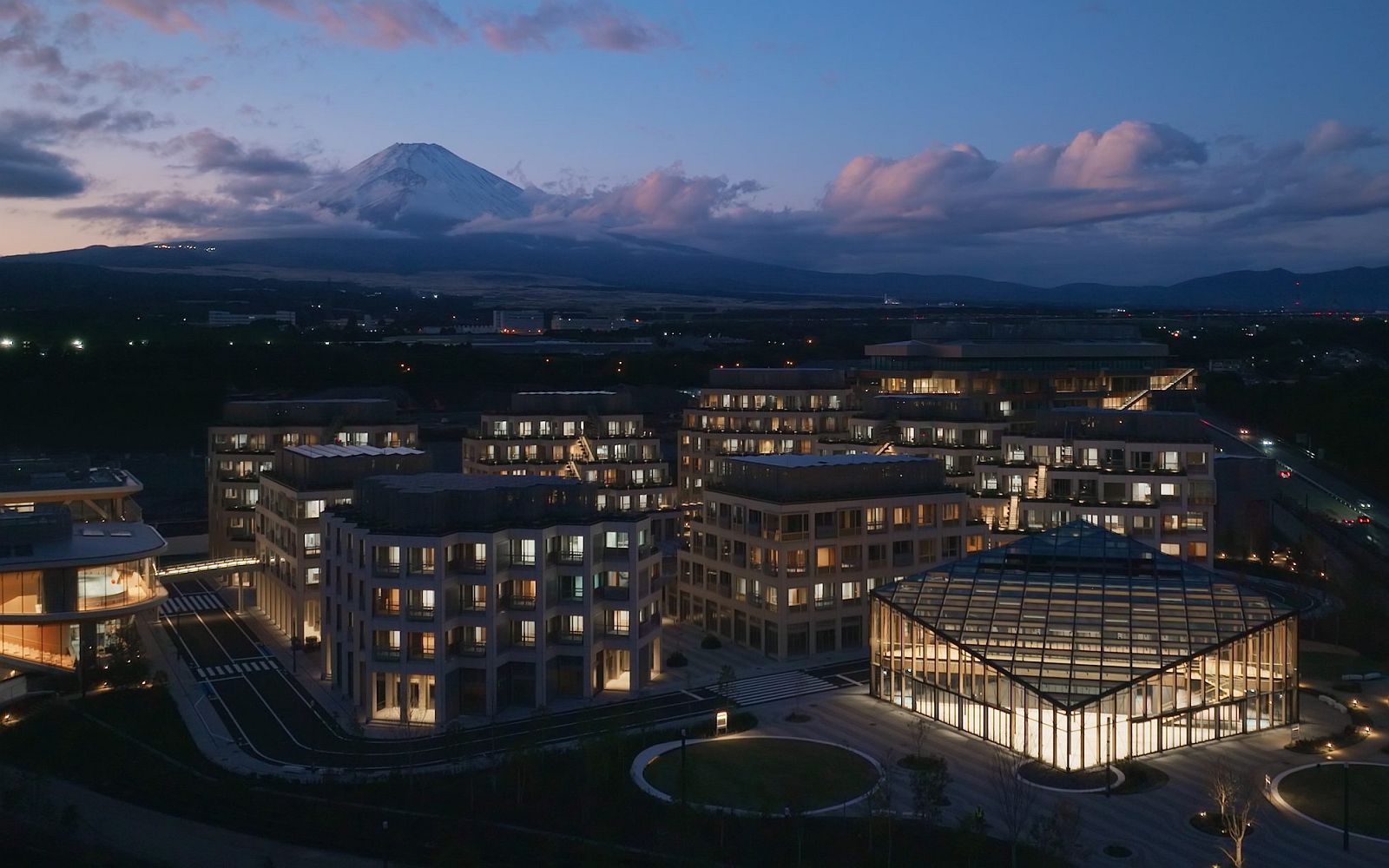
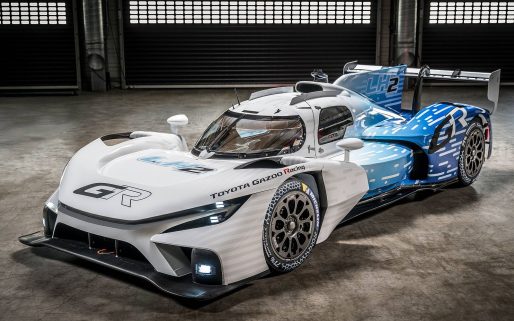
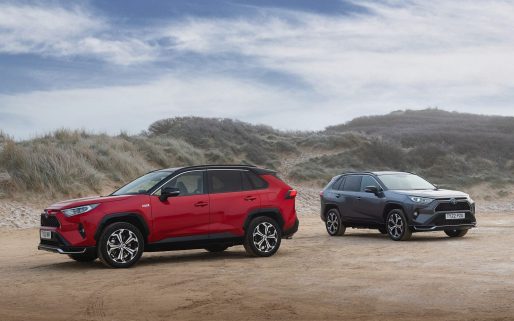
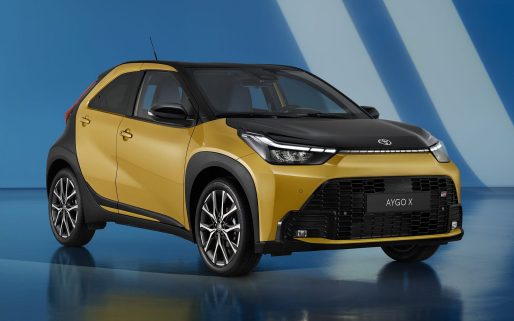
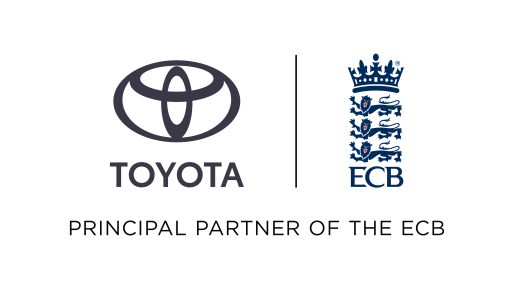
Brilliant idea by the innovative Toyota Company, and I am sure Woven City will be one of many to follow. The complexities in designing, building, maintaining and managing buildings and cities are enormous. That is not even taking into consideration the ever-changing future needs (there are several thousand other items involved in real estate management). Also, a large percentage of current facilities managers will retire over the next ten years, which translate to an enormous loss of knowledge and skills, making the need for software and AI to capture information critical that otherwise would have been lost. I believe that only Data / Software / AI and all things technology can assist us in making the daily and future existence of cities a possible and pleasant experience. Well done, Toyota Team!
may be or not! depends… it is hard to develop a community from 0! But is worth trying…. I believe in hydrogen tech, it is the future. However, we have history, parents, grand parents, and so on in our homeland. What rules will be?